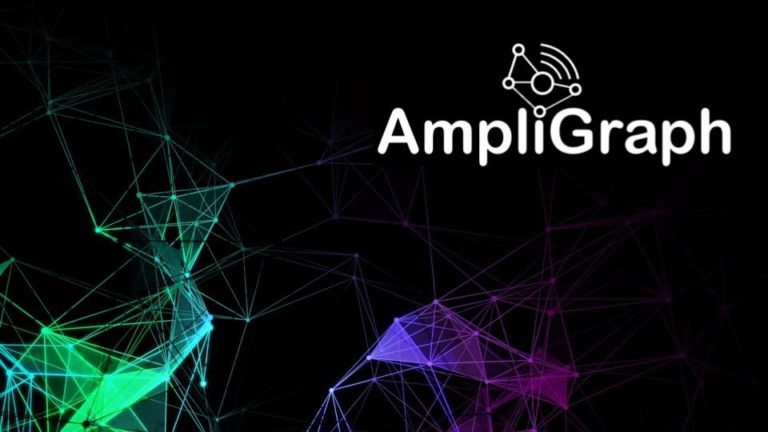Ontology is a branch of philosophy dealing with the study of being and existence. However, in a practical business setting, ontology refers to the architecture that binds different sources of information and involves interconnecting data from multiple domains by tagging and categorising. It could be looked at as a means of resolving organisational differences between databases to enhance integration.
In AI, ontology refers to a shared vocabulary for researchers. It includes machine-interpretable definitions of basic concepts and the relationships between them. Ontology-based AI allows the system to use contents and the relationships between them to make inferences that emulate human behaviour. It can produce targeted results and does not require training sets to become functional.
Ontology facilitates sharing a common understanding of information structure among software agents, reusing domain knowledge, analysing domain knowledge, and separating domain knowledge from operational knowledge.
Why do we need ontology in AI?
Developing an ontology is similar to defining a set of data and their structure which other programs can use. Problem-solving methods, software agents, and domain-specific applications use knowledge bases built from ontologies as data.
Machine learning and deep learning systems are getting bigger. There’s a common misconception that with more data, a machine learning model gets better. However, many researchers have exposed this claim. With businesses approaching the data ceiling, they slowly realise too much data can be overwhelming to analyse, resulting in value-destroying complexity and higher investment in terms of time and money. Studies show as many as 85 percent of AI projects fail. This is primarily due to a lack of understanding of how to utilise large amounts of data. In this regard, ontologies can make a big difference.
Ontological modelling can help an AI system by broadening the scope. It can include any data type and supports unstructured, semi-structured or structured data format. It enables smoother data integration. Since it can include each aspect of the data modelling process, it can address the vast data given as input. Ontology can be used by diverse organisations in various industries with different goals.
Ontologies can also help in improving the data quality for training datasets. They provide more coherent and easier navigation in the ontology structure. An ontology data model can also be used to create a knowledge graph.
Ontology and digital transformation
Enterprises integrate AI projects to enable faster digital transformation. Hence, the ability to rapidly scale is essential. To enable this, companies could develop a repeatable framework instead of having a series of disconnected projects. With an ontology in place, changes can be made to the data in one location, which could propagate through existing associative relationships.
Ontology provides a re-usable, adaptive structure for organisations to power their AI projects. More detailed ontology would directly correspond to more meaningful responses that users receive.
Challenges
There are several challenges to develop a clear ontology in AI, as outlined by Scott H. Hawley in his paper’ Challenges for an Ontology of Artificial Intelligence’. It includes:
- The evolving definition of AI
- AI is often considered to be a moving target. It means that developing an ontology of AI may be highly dependent on the current state of technology where it is being used.
- The tendency of humans to anthropomorphise




















































































